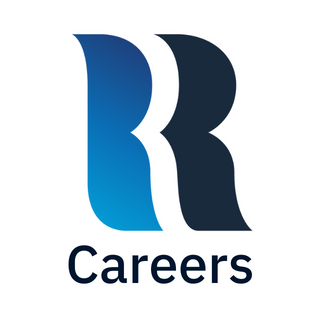Say It Right: The Dos and Don’ts of Resumes
The act of writing, editing, and sending your resume to potential employers can seem daunting. And that fear is often tenfold for those applying for an internship or entry-level position. For many who fall into this category, this might be the first time you’ve ever written a resume. It may be the first time your resume is going to be actively viewed by recruiters. Or it may be that you’re applying to a job you’re not sure you’re 100% qualified for.
Whatever the case may be, there are some good rules of thumb to follow when it comes to your resume and the verbiage you use.
Before we even begin to look at content, let’s talk accuracy. The first thing, and dare I say most important, is to double check that your name, phone number, and email address are correct. Now, this may seem obvious, but you’d be shocked at the number of resumes with inaccurate information. And I’d say that nine times out of 10, the recruiter is not going to go out of their way to track down the accurate numbers or addresses. They’ll simply move on to the next candidate.
While you’re checking that information for accuracy, it’s also worth running your resume through friends, family members, university career offices, or even online sites, to check for spelling and grammatical errors. It’s true that a recruiter is looking at your experience and what you bring to the table, but your resume is also their first impression of your written communication skills, one of the most important skills to have in business. Misspelled words, wrong tenses, and incomplete sentences may give the wrong impression.
And don’t lie on your resume. Again, a seemingly obvious one, but I promise if you are offered an interview, a recruiter will ask you about your experience, and they’ll be able to tell pretty quickly if you’re telling the truth or not.
Now, for the actual content on your resume.
For recent college graduates, feel free to include your GPA if it’s above a 3.0, however, there is no pressing need to do so. If a company wants it, they’ll ask for it during the application process.
List out the experiences you feel are relevant to the job you’re applying for, keeping in mind that “relevant” may extend beyond what you think. Experience doesn’t need to be professional. As we read in our previous post, “From a Polyester Polo to a Suit and Suede Shoes,” the skills you learn in seemingly mundane jobs transfer to corporate life in ways you might not expect. That lifeguard position you held last summer might be relevant to a communication job you’re applying to now because you learned how to communicate by handily dealing with stressful situations. Lean into these soft skills on your resume. The hard skills can be taught.
Now for some good news – Reynolds doesn’t require a cover letter. However, this means more than ever that your resume needs to speak for itself. Adding an “Objective” section can offer additional information about you and what you’re looking for – especially if applying for a position outside of your college major or past industry.
For the actual design of your resume, something to keep in mind is that most recruiters will only look at your resume for about 10 seconds before deciding whether or not you’d be a good fit for the company. Make sure your resume is easy to read, both in the style you’ve chosen, and in the format you’re submitting it in. Many companies will print out electronic resumes, or scan in printed copies. Simple white paper will often work best.
Again, this can all seem quite daunting. We know, we’ve all been there. But once you have that final resume and begin sending out applications, you’ll be happy you took the time to make sure it accurately portrayed the great things you have to offer.
To view Reynolds’ open positions, visit Reynolds Careers.

















